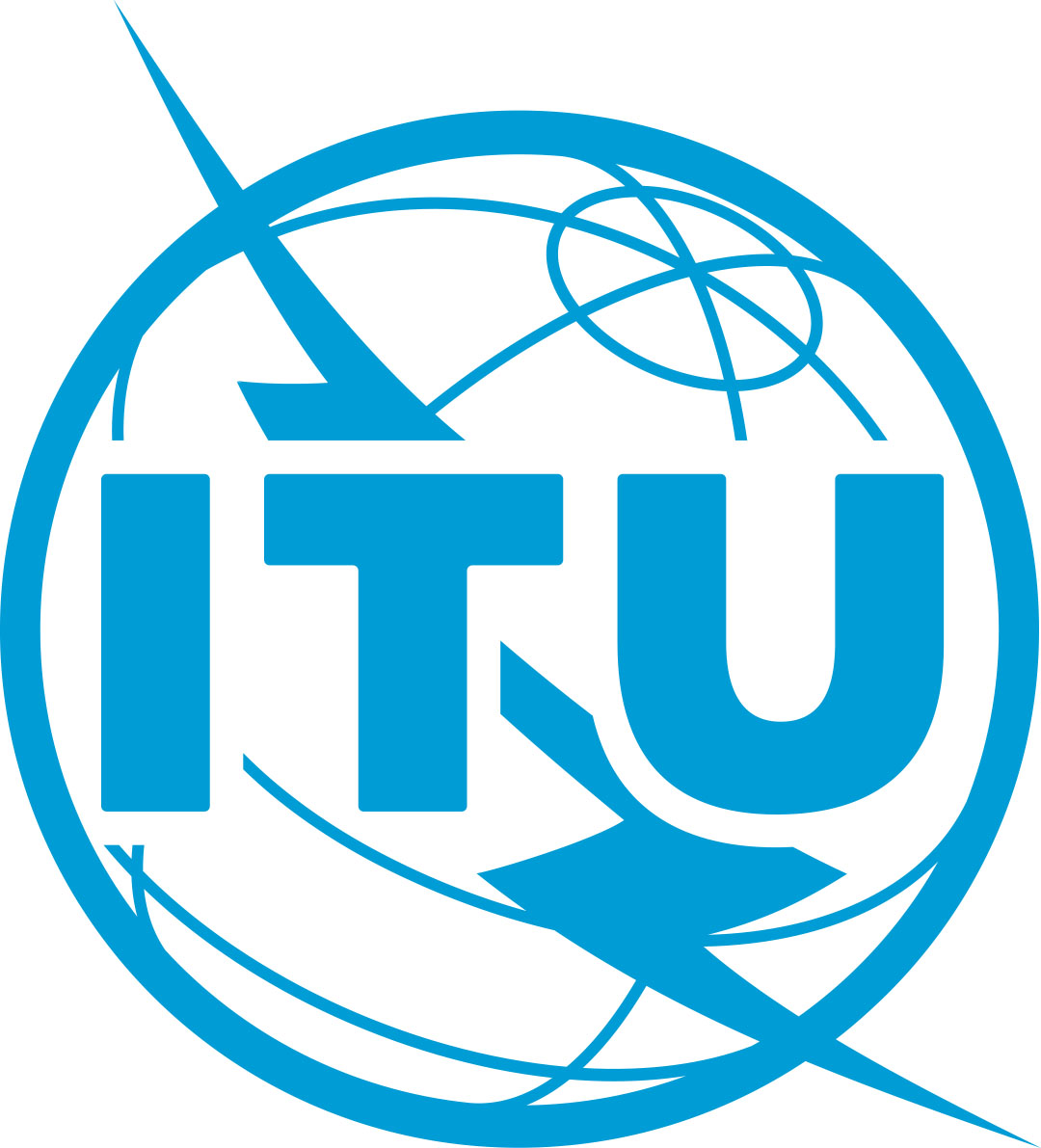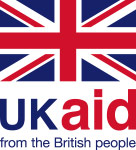STAKEHOLDER CONSULTATION FORUM 

SUSTAINABLE CONNECTIVITY & DIGITAL SKILLS MODELS FOR EXPANDING DIGITAL ACCESS & SKILLS OPPORTUNITIES FOR YNEETS IN RURAL &
UNDERSERVED COMMUNITIES IN
SOUTH AFRICA
Background
The number of unemployed South African surged to 8.0 million (33.9%) in the second quarter of 2022. Evidence also shows that youth remain vulnerable in the labor market. The second quarter of 2022 saw the total number of unemployed youth (aged 15-34) increase to 4.8 million meaning that 46.5% of this demographic is unemployed.
Led by the Department of Communications and Digital Technologies (DCDT) and supported by the International Telecommunication Union (ITU), the International Labor Organization (ILO), and the United Nations Development Programme (UNDP) a joint project “Digital Skills for Decent Jobs for Youth: Young People Not-in-Employment-Education-or-Training” (YNEET-project) was initiated in South Africa in 2020. The objective of the project contributes to the National Digital and Future Skills Strategy (2021-2025) and respond to the needs of young people NEET in ways that enable and facilitate their access to learning and decent employment opportunities by strengthening the effectiveness of the digital skills development and labor market ecosystem.
As part of the project, an assessment of skills supply and demand in the digital economy in South Africa, including labor market policy review released in 2022, among others provided an overview of key barriers and challenges keeping young people from being able to contribute to and benefit from the digital economy. Limitation to resources and access to information are key impediments. In the survey conducted, most participants cited connectivity as a key factor excluding many young people, mainly due to the high cost for mobile data or internet access and lack of smart devices. Most participants at least had access to a phone with basic features with one in three participants in urban areas owning a smart phone compared to only one in four in rural areas. Around one in three participants has no internet access and young people in rural areas are more affected. This statistics resonates with related reports which indicates that the digital divide disadvantages young people, especially those in rural areas with data cost contributing to the highest share of the cost of looking for jobs for young people in South Africa.
The study identified specific program and interventions to support young people to access skills and opportunities in the digital economy key to which is facilitating the access to resources, ensuring connectivity, and making access to the internet more reliable and affordable particularly in the rural communities through training or community hubs, among others.
It is against this background that the DCDT, supported by the International Telecommunication Union and the UK Foreign Commonwealth and Development Office, seeks to explore further the connectivity and access models for digital/ training & community hubs in rural, remote, and underserved communities in South Africa to accelerate upskilling and income generating opportunities for young people particularly youth NEETs.
Objectives:
The aim of the stakeholder consultation forum is for the DCDT, ITU and research teams to engage with and seek validation of relevant stakeholders and research participants on the findings and recommendations of the Sustainable Connectivity and Digital Skills Models Baseline Study. This will be done by:
1. Encouragement of active participation.
2. Sharing initial findings of the Sustainable Connectivity and Digital Skills Models Baseline Study.
3. Exploring the responses of the research participants.
4. Validating the findings and recommendations of the Baseline Study with research participants, partners and relevant stakeholder.
Intended outcomes will be to have successfully engaged with stakeholders and solicited feedback on the findings and recommendations of the study.
Agenda
Wednesday 21st
February 2024
Ministry of Communications and Digital Technologies
1166 Park Street | Hatfield | Pretoria | South Africa
Programme
|
Session I: Introduction
|
08:30 – 09:00
| Registration of Participants.
|
09:00 – 09:30
| Opening and Welcome
|
Session II: Baseline Findings
|
09:30 – 10:00
| Presentation
on Baseline Findings
|
10:15 – 11:15
| Group
Discussion on Baseline Findings
|
11:15 – 11:30
| Group Photo & Tea Break
|
Session III: Group Reports and Next Steps
|
11:30 – 12:30
| Presentations from Group Discussion on Baseline Findings
|
12:30 – 13:00
| Summary, Next Steps and Close
|